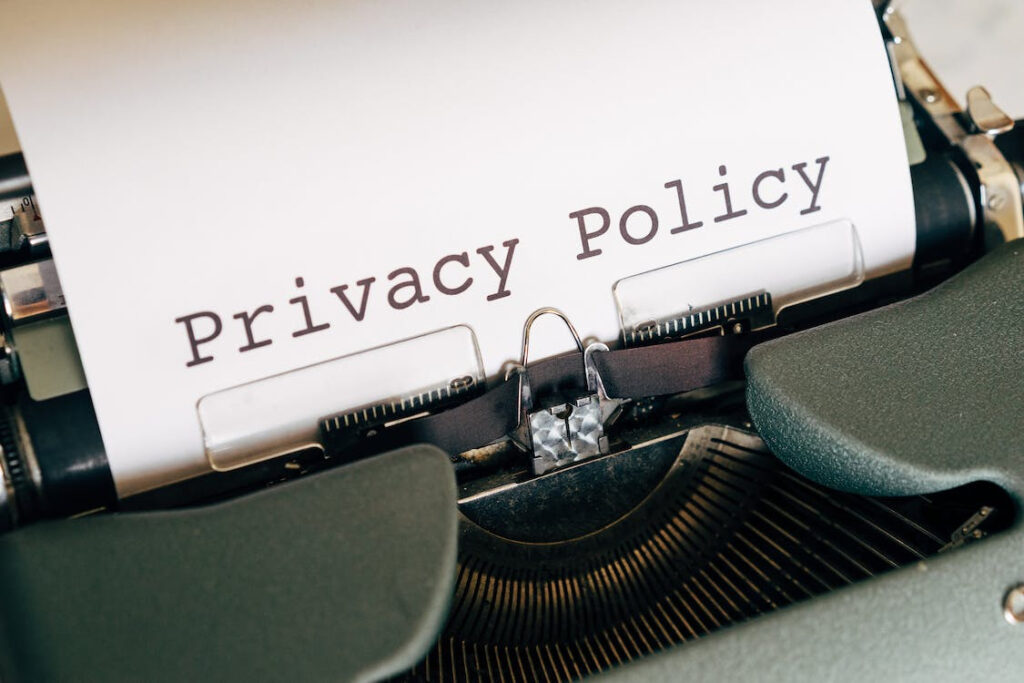Understanding and Disabling Meta’s Controversial Link History Feature

In an age where every click and scroll are monitored, Meta’s introduction of the Link History feature has stirred a significant discussion about user privacy and digital rights. This article delves into the nuances of Link History, a tool designed to log your navigational activity within Meta’s popular platforms, Facebook and Instagram. As we unpack the convenience versus privacy paradigm this feature presents, we also provide a comprehensive guide to disabling it and discuss broader strategies for safeguarding personal data. With increasing concerns over digital footprints and data exploitation, understanding and managing such features is more critical than ever for users navigating the complex web of online privacy.
The Emergence of Link History: What It Is and Why It Matters
Meta’s introduction of the Link History feature marks a pivotal shift in user data management. It automatically records every link clicked within Facebook and Instagram, aiming to simplify revisiting visited content. Despite offering convenience, its automatic activation raises significant privacy concerns amidst Meta’s history with data privacy. This addition has intensified the debate on digital privacy and the need for user agency in managing personal information.
Privacy Concerns: Analyzing the Implications of Meta’s Link History

Meta’s Link History has sparked fresh privacy worries due to its potential for intrusive data collection. This feature doesn’t just provide user convenience but also aids Meta in enhancing its targeted advertising and user profiling capabilities. The automatic, default nature of this setting could potentially exploit user data without clear consent, raising ethical concerns about digital privacy rights. This controversy has contributed to the larger dialogue on the necessity of transparent data practices and user empowerment in the digital ecosystem.
Step-by-Step Guide to Disabling Link History in Meta’s Apps
Disabling the Link History feature in Meta’s apps is a straightforward process, yet it’s essential for users concerned about their digital privacy. To begin, open either the Facebook or Instagram app and tap on any link to activate the in-app browser. Next, locate the “More” icon, often found in the bottom right corner of the screen, and select “Settings” from the ensuing menu. Within settings, you’ll find the “Allow Link History” option; toggle this off to prevent Meta from continuing to record your link activity. Once you’ve disabled Link History, Meta asserts it may take up to 90 days to completely erase any previously collected data. While the steps are simple, the need to proactively navigate these settings speaks volumes about the importance of understanding and managing privacy settings in an era where default options may not always align with personal privacy preferences.
Broader Privacy Strategies in the Era of Persistent Data Collection
As data collection expands, a strong digital privacy plan is required. Users should update their privacy settings on a regular basis, use privacy-centric tools, and learn about data collection tactics other than Link History. End-to-end encryption, data minimization, and privacy legislation are all critical. These efforts are part of a bigger effort to safeguard personal information in the digital era.
Meta’s Link History function and digital privacy teach us that staying informed and proactive is critical to maintaining our online presence. Users may better control their digital footprint by learning about data collection tools such as Link History and updating their privacy settings. As technology advances and collects data in new ways, educating oneself and employing privacy measures is critical to ensuring a secure digital future. Our vigilance and desire for openness as users and consumers may make the internet more privacy conscious.
